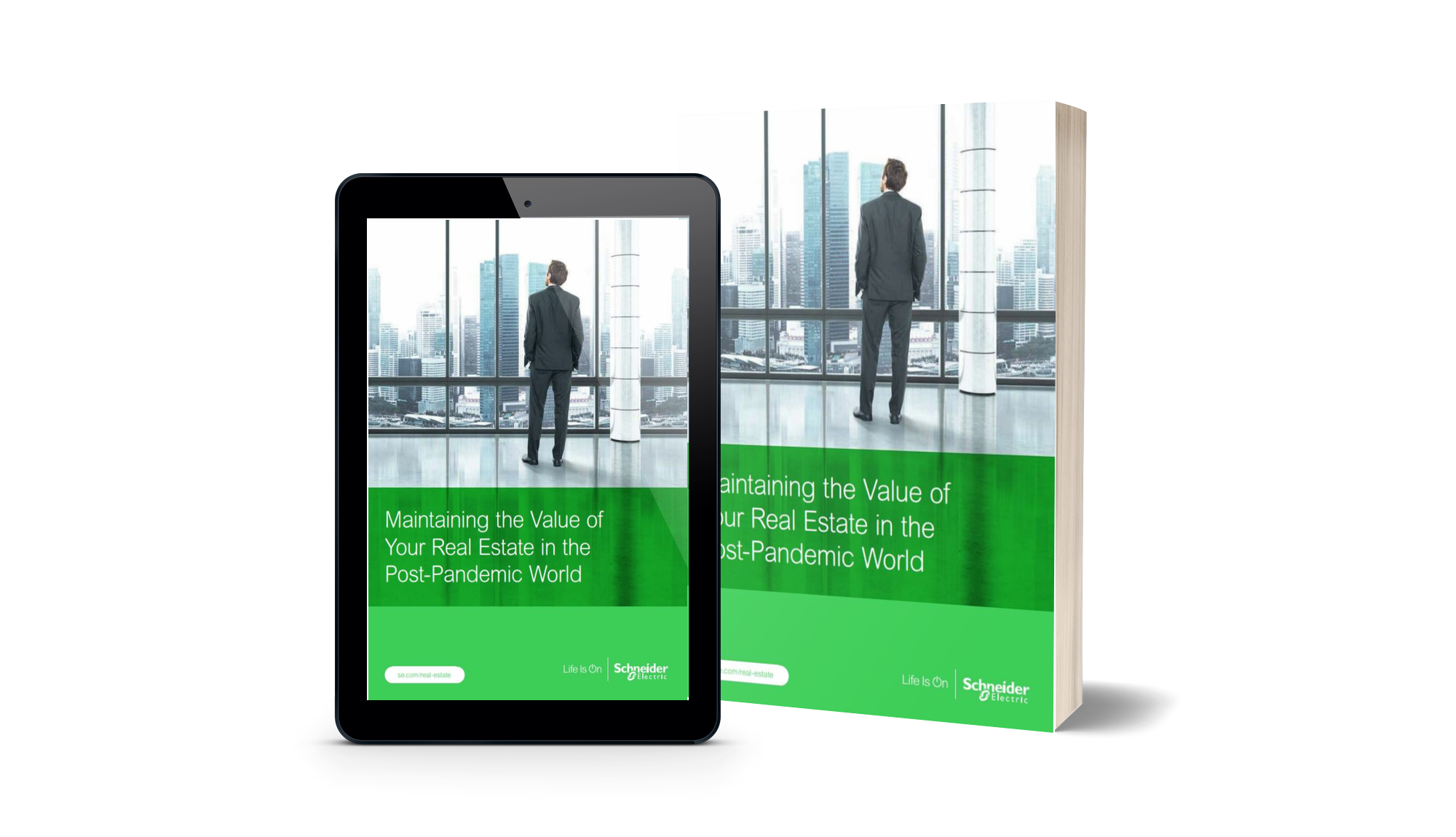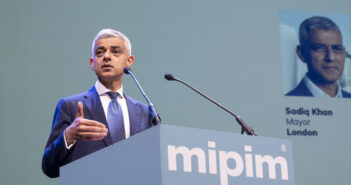“Cities belong to citizens, otherwise they are not cities,” said one of the panellists at last year’s MIPIM. It took such an obvious statement to sum up the challenging topic of how government – with all levels working together – can deliver an urban infrastructure and services that improves how citizens experience their city.
As much urban space will be built in the world as already exists over the next 15 years, it was quoted at MIPIM, with the strongest growth in Asia and Africa. (Plenty of work for the real estate sector!) Yet, to create cities that are economically, socially and environmentally sustainable, the future needs to be human – the theme of MIPIM 2020.

Maintaining the Value of Your Real Estate in the Post-Pandemic World
Jean Mas, founding partner of Ateliers 2/3/4/ and planning consultancy Faubourg 2/3/4/, who was on the MIPIM panel debating how good governance can create better urbanism, says:
“Cities are about people; they are not about buildings. We can build the most beautiful buildings in the world, yet people want to have this feeling of belonging to the city centre”.
Improving quality of life in cities
Cities act as a magnet for people looking to improve their lives – to escape poverty and, increasingly, to escape the effects of climate change. On the flip side, more than one billion people around the world live in slums, according to the latest UN report on the 17 Sustainable Development Goals (SDGs).
Alice Charles, Project Lead on the Cities, Infrastructure & Urban Services Platform at the World Economic Forum, said that while the SDGs, together with the New Urban Agenda, had both been endorsed by member states of the United Nations, the need remained to “enact them and deliver them” in cities.
The need to give metropolitan areas more autonomy
Federico Weil, Chairman & Founder of Argentine property developer TGLT, noticed a new trend a couple of years ago: groups of people, from neighbourhood associations to ecologists, were starting to bring injunctions against his schemes, even though they were fully compliant.
“After this happened a number of times I realised that something broader was taking place,” said Weil, who was also on the MIPIM panel. Weil then took himself back to university to study a master’s degree in metropolitan urbanism to discover that the issue lay in two key areas: climate change and inequality, both of which do not recognise jurisdictional boundaries.
“Articulating the different governmental layers is key to solving these problems,” Weil said, now with his master’s degree under his belt. Compared with Europe, the urban governance mechanism in Latin America is still young, with only around half of the region’s big cities with some type of metropolitan construct.
“Municipalities have a very strong legitimacy; they have a culture, they have soccer teams, they elect their mayors and they have autonomy. We need to give metropolitan areas that same legitimacy, and give them similar powers to municipalities. It’s a very new discipline but we need to catch up very, very fast because otherwise these big issues that cities are facing won’t be solved” – Federico Weil, TGLT
Issues of urban autonomy are also felt in Europe. For example, London is the UK’s economic hub, yet the Greater London Authority has no autonomy over funding. In the UK regions, said Craig McWilliam, former CEO of Grosvenor in Britain and Ireland: “Each time a metropolitan area gets devolved powers and an elected mayor, you see a greater sense of civic identity and you get stronger leadership; a city is then able to act with the support of its citizens and to grow. That’s a very compelling vision.”
Governance in Paris focusses on creating a connected network of cities
In Greater Paris, urban governance is focussed on accessibility and mitigating the environmental and social impact of commuting, said Jean Mas of Ateliers 2/3/4/. This is at a time when people, especially younger people, are looking for a quality of life at a price they can afford, which can mean living 15-20km outside the city core.
“In Greater Paris we want people to have a new feeling about belonging to a city, a connected network of many, many city centres, rather than – like 20 years ago – feeling that they lived in the suburbs” – Jean Mas, Ateliers 2/3/4/
Mas commented, pointing out that the actual city of Paris, within the Boulevard Périphérique inner ring-road is relatively small, at only 2.7 million inhabitants.
One such urban area quoted by Mas is the Plateau de Saclay, south of Paris, and now home to many of France’s best universities, and engineering and management schools, which moved there from central Paris towards the end of the last century.
More recently, an example of another key urban cluster emerging is Saint-Denis, just north of the Boulevard Périphérique, and which is centre stage for the Paris 2024 Summer Olympics.

Maintaining the Value of Your Real Estate in the Post-Pandemic World
“Stations act as a gateway; they are where you go out in the morning and come back in the evening. No longer is the station about a large parking lot for people to leave their cars. We need to have shops, schools – quality public space” – Jean Mas, Ateliers 2/3/4/
To connect these “many, many city centres”, Greater Paris is currently doubling its public transport network. In addition, the policy is to open schools close to where people live, and close to station hubs.”
Crucial to this new urban governance policy to give citizens a “new feeling about belonging to a connected network of cities” is public-private cooperation. As Charles summed up: “Public-private cooperation is helping to build out and deliver these accessible transport systems in Paris.”
Building trust is essential for good governance
Wherever you are in the world, trust is essential for good governance. When urban governance is multi-tiered, and the system opaque and little understood, the danger lies in that residents begin to urban governance as “something done to them, whether by local government or the developer, rather than for them”, said one panellist. “We all live in the city. It’s not about their problems and our problems. We all need to join in and help,” he added.
Join us at MIPIM 2020 for this year’s theme of ‘The Future is Human’. You may also be interested in: Corporate purpose evolves to meet the age of new wave
Top image: Getty Images – Nikada



